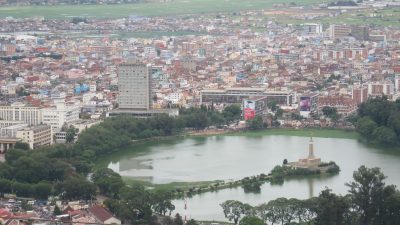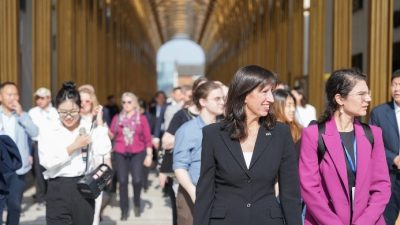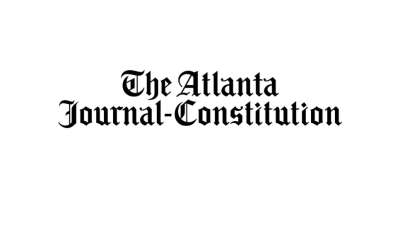News
We invite you to browse our latest news. Some external links below may require a subscription.
Ministry of Health, WHO, and The Carter Center Join Forces to Accelerate the Elimination of Neglected Tropical Diseases in Madagascar

The Carter Center to Host 2026 ‘Jimmy Carter Forum on U.S.-China Relations’ Exploring the Role of Women in Shaping Relationships Between the Two Countries

Carter Center condemns Minneapolis ICE shooting. ‘Must say ‘no more”

Carter Center Statement on ICE Shooting in Minneapolis
Remembering President Jimmy Carter One Year Later
Longtime Carter Center Staffer, Colleague Talks Former President’s Legacy
Atlanta’s Carter Center Plowing ahead Despite Federal Foreign Aid Cuts

Jimmy Carter’s Legacy: Inspire Moral Imagination in Future Leaders to Unite Us

Carter Center Endures One Year after Former President’s Passing

Forbidden Pistachios and a Very Long Project: Jimmy Carter Aides Share Tales

1 of 108
Global Impact Starts with You
Your support sustains the Carter Center's mission of waging peace, fighting disease, and building hope around the world.

